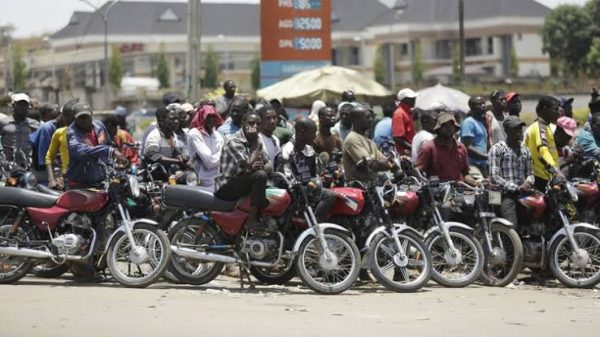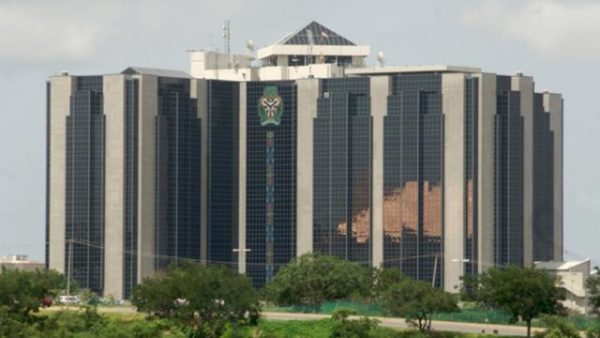ON THE SPOT MANAGER
Land Border Vehicle Import Ban: Stakeholders Want 90 Days Grace Period

The ban on importation of vehicles through the land border continues to stir controversy as the House of Senate has called for the reversal of the Federal Government policy believed to have seen almost ten thousand (10,000) motor vehicles held up at various land borders; several stakeholders have expressed their dissatisfaction while others have called for extra ninety (90) days grace period.
According to the Senate, the ban, which took effect on January 1, 2017, will lead to the loss of about 500,000 jobs. The lawmakers criticized the policy during plenary last week, describing the ban as anti-poor.
The Senate acted on a motion titled: ‘The ban on the importation of vehicles through the land borders into the country’ as they unanimously rejected the policy and asked the Nigeria Customs Service to immediately suspend its implementation.
Despite the seemingly good intentions of the government, the various land borders remain legal entry points in the clearance of goods and stakeholders are pleading for an extra grace period to be extended due to challenges associated with the restrictions and structural changes that affect import and export fiscal policy measure.
Some of these reasons are detailed below:
* The need to look at the Commitment of payment and transaction entered into by the buyer/seller months well in advance on most of the Motor Vehicles at the Land border that are held up.
* The need to look at the date and country of shipment of most Motor vehicles as it relates to distance i.e. Far-East Country e.g. China, USA, Canada, Russia, Singapore, UK etc. with various routes that will take months to arrive the Transit Port.
* Late arrival of the carrying vessel as a result of transshipments from larger vessels to feeder vessel and Transit procedure to the Boarder due to our port draft.
* Tramp vessel carriages from port to Port without advertised date.
* Transfer process from the Wet port to various Land Borders across Nigeria that legally process, assess and collect legitimate duties on the Vehicles.
* The Limited time of information and the restriction of information to the trading public and personal vehicle owners who may have shipped without information of the restriction.
The global practice of grace period was adopted by the Federal Ministry of Finance in Circular e.g. BD.1237/s.403/PT./16 & BD.12237/s.403T.1/66 for ninety (90) Days grace period, which resolved the challenges as state above.
The held up vehicles at the border are not in Nigerian territory but they are Nigerian assets owned by Nigerians abroad and trading community that has worked and sent such vehicles to their families, decided to use the land border, which is a legal entry point for the process and assessment of goods, due to high cost of clearance in Nigerian Ports.
Such action will greatly affect the Nigerians abroad and the Trading Community that will loose the vehicles to neighbouring state as such vehicles has under gone the transit process to the Border for the normal Payment of Import duty and to conclude the Customs formalities, which cannot be reshipped back to Nigeria as freight payment and transit procedure have been concluded.






